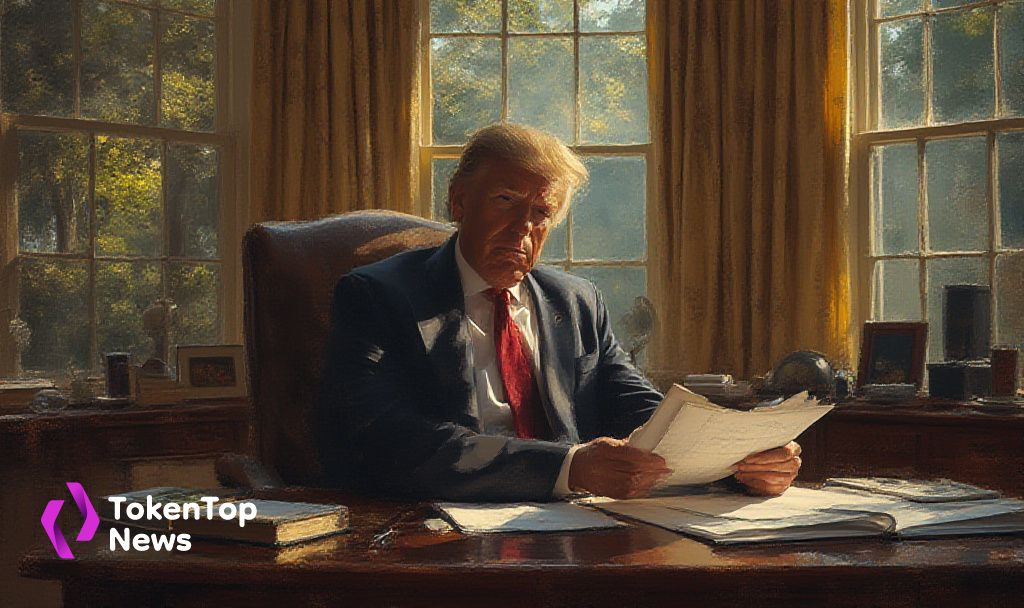EU Prepared to Negotiate Tariffs with the U.S.
- Introduction of reciprocal tariffs to balance trade deficits.
- Focus on addressing trade practices contributing to persistent deficits.
- Impact on U.S. economy and international trade relations.

Regulating Imports with Reciprocal Tariffs: A New Approach to Trade Deficits
The recent announcement from the White House outlines a significant shift in U.S. trade policy, focusing on the implementation of reciprocal tariffs aimed at addressing the ongoing trade deficits that have plagued the nation for years. This policy is designed to create a more balanced trading environment by imposing tariffs on imports from countries that do not reciprocate fair trade practices.
As the U.S. grapples with large and persistent annual goods trade deficits, the introduction of reciprocal tariffs is seen as a necessary measure to protect domestic industries and promote fair competition. By targeting specific countries that contribute to these deficits, the administration seeks to level the playing field for American manufacturers and workers.
While the potential benefits of this policy are clear, experts warn of possible repercussions on international trade relations. Countries affected by these tariffs may retaliate, leading to a tit-for-tat scenario that could escalate tensions and disrupt global supply chains. It remains to be seen how this policy will unfold and its long-term effects on the U.S. economy and its position in the global market.



